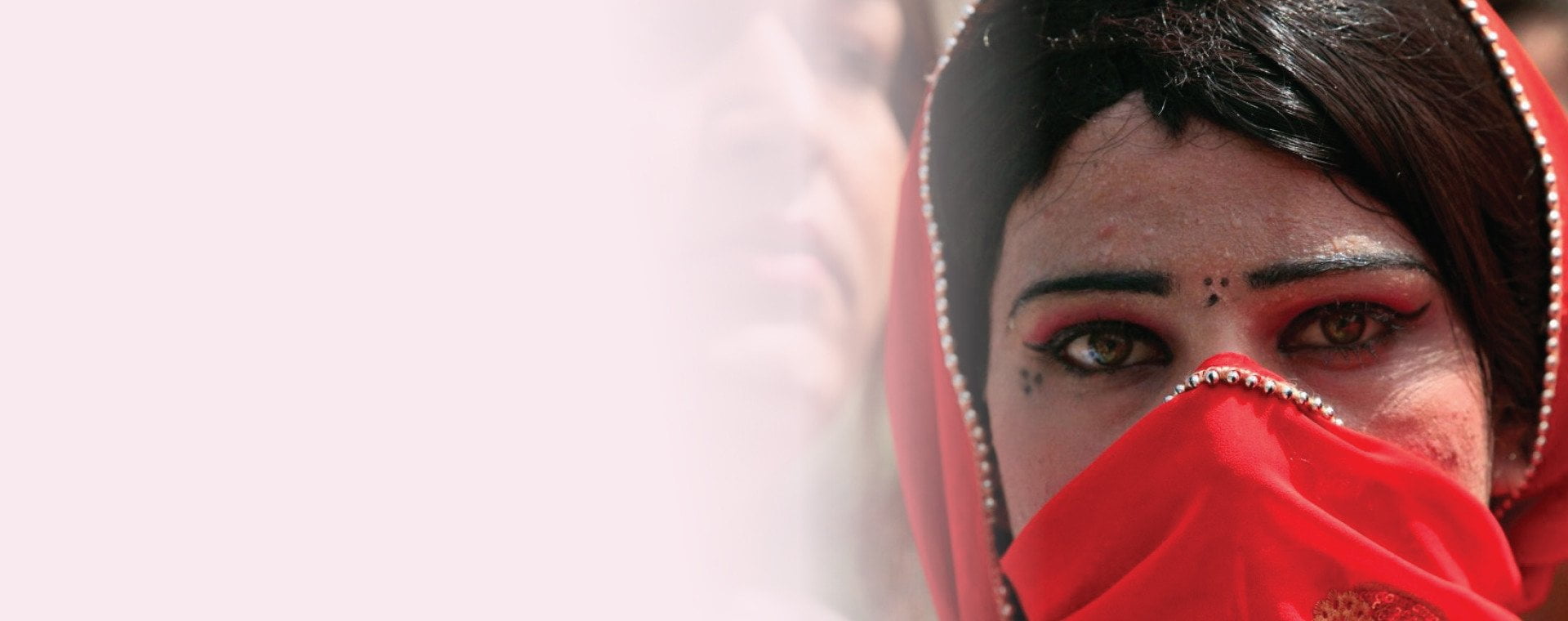Naveed Hussain Chaudhry
The transgender community in Pakistan continues to bear the brunt of systemic neglect and societal prejudice. Despite constitutional guarantees of equality and protection, their daily lives remain marked by violence, exclusion, and indignity. Statistics from Khyber Pakhtunkhwa tell a tragic story: 267 cases of violence against transgender persons were recorded in 2024 alone, yet only one case saw conviction. Such numbers reveal not only the cruelty of the perpetrators but also the indifference of the state and its justice system. When institutions fail to protect, injustice becomes routine.
The recent decision by a jirga in Swabi — declaring that all transgender persons should be expelled from the district — exemplifies how criminal othering has become entrenched. Their only “crime” was participating in a music programme, followed by a clash with police that led to the arrest of two trans persons. Instead of receiving protection, they were further vilified. Such collective intolerance is alarming, for it seeks to erase an entire community from public life. The Human Rights Commission of Pakistan rightly condemned this move, affirming that no citizen can be denied the right to reside or earn a livelihood based on gender identity. Yet condemnation alone cannot dismantle deep-rooted prejudice.
For most transgender citizens, bias translates into structural exclusion from education and employment. Locked out of mainstream opportunities, they are pushed into exploitative livelihoods: sex work, dance performances, or begging. These are not free choices but forced ones, born of exclusion. Fear of law enforcers only compounds their vulnerability. Many trans persons avoid filing cases of assault, harassment, or extortion because police and courts fail to deliver justice. Those who do pursue cases often withdraw, coerced into out-of-court settlements. The cycle of impunity emboldens abusers and isolates the victims further.
The Transgender Persons (Protection of Rights) Act, 2018, was hailed as progressive legislation when passed. However, the Federal Shariat Court struck down key provisions, including self-recognition of gender identity, undermining the law’s very spirit. This regression has left the community trapped between promises on paper and discrimination in practice. With the law weakened and political will absent, progress remains elusive. Policymakers have largely failed to champion the cause of one of Pakistan’s most marginalized groups.
https://facebook.com/RepublicPolicy
Amidst this bleak landscape, Balochistan’s Transgender Policy offers a rare ray of hope. By recognizing the need for education, employment, and social development, the province has taken a step toward inclusion. The establishment of an Endowment Fund for Minority Welfare, designed to provide equal opportunities such as scholarships for transgender persons and minorities, signals an intent to move beyond rhetoric. While implementation will be key, the policy sets an example that other provinces, particularly KP and Punjab, must urgently follow. If Balochistan, with its own governance challenges, can recognize the dignity of trans lives, there is no excuse for others to remain indifferent.
https://tiktok.com/@republic_policy
The path forward requires more than isolated policies. It demands a comprehensive shift in state attitude, social consciousness, and legal protection. Educational institutions must ensure access without harassment. Employers must open opportunities without bias. Law enforcement must treat crimes against transgender persons as crimes against citizens, not as incidents to be brushed aside. Civil society must amplify their voices rather than speaking for them. Above all, political leaders must abandon silence and indifference, championing transgender rights as human rights.
https://instagram.com/republicpolicy
Pakistan’s international commitments also demand action. As the world moves toward acceptance and recognition of diverse identities, Pakistan cannot afford to be left behind, trapped in cycles of intolerance. The Swabi jirga verdict and the countless unreported acts of violence against trans persons not only shame us as a society but also weaken our claims of being a state that respects rights and equality.
https://whatsapp.com/channel/0029VaYMzpX5Ui2WAdHrSg1G
The time for token gestures has long passed. What is required is a sustained commitment to legal reforms, institutional accountability, and social transformation. The Balochistan policy must serve as a blueprint, but unless it is replicated and reinforced nationwide, the transgender community will remain marginalized and abused. We must remember that transgender rights are not special rights — they are fundamental human rights. To deny them is to deny the very principles of justice and equality that Pakistan claims to uphold.
















